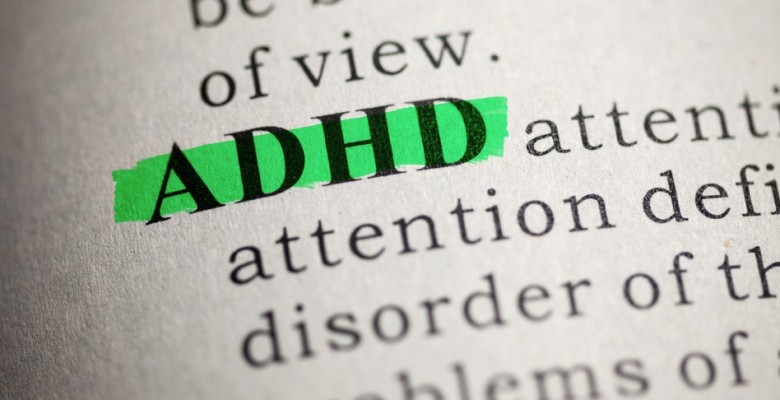To successfully manage ADHD children, it is important to keep in mind what you have learned about their overall strengths and weaknesses. Specifically, we know that they have difficulties in inhibiting their responses to events and experiences, and that their responses are often emotionally based and without the benefit of analysis. Secondly, they have a lot of difficulty in placing themselves and their behavioral choices in the future, or conversely in comparing a current situation to a past situation that is similar.
Saturday, 01 June 2002.
Posted in ADD/ADHD
In the article entitled "Attention Deficit Disorder," I began my discussion of ADD by covering the symptoms, causes, and treatment of the Inattentive Type. I emphasized that the primary problem encountered by children with this type of ADD is the inability to focus and sustain the attention. Often described as distracted, day-dreamy, spacey, and sometimes even lazy, I also noted that these children are for the most part cooperative, quiet, and well liked by teachers. For this reason their problems are often not detected until well into their school years when the problems with inattention become very noticeable. ADHD (Attention Deficit/Hyperactivity Disorder) children, on the other hand, are noticed early in childhood, often in the preschool years and certainly by the time they reach kindergarten and first grade.
Saturday, 25 May 2002.
Posted in ADD/ADHD
Attention Deficit Disorder has become a household word over the last several decades garnering the attention of parents, educators, physicians, and child care workers not to mention talk show hosts, TV programs, magazines, newspapers, and other such venues of public discussion. Is it new? Not really. Most researchers agree that Attention Deficit Disorder (ADD) has always been around, but not necessarily diagnosed, or perhaps was recognized as some other syndrome.
Thursday, 14 March 2002.
Posted in ADD/ADHD
Parents, teachers, daycare workers, pediatricians, camp counselors, scout leaders, coaches, playground monitors, and anyone who has any regular interaction with children are all acutely aware of the growing prevalence in our culture of Attention Deficit Disorder (ADD), and Attention Deficit/Hyperactivity Disorder (ADHD). Certainly the recognition of ADD and ADHD as real psycho-biological disorders has positively impacted those children and parents who were suffering helplessly with highly disruptive behavior and symptoms that hampered learning, damaged relationships, and stressed families to their breaking points.
Friday, 25 January 2002.
Posted in ADD/ADHD




